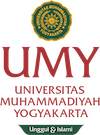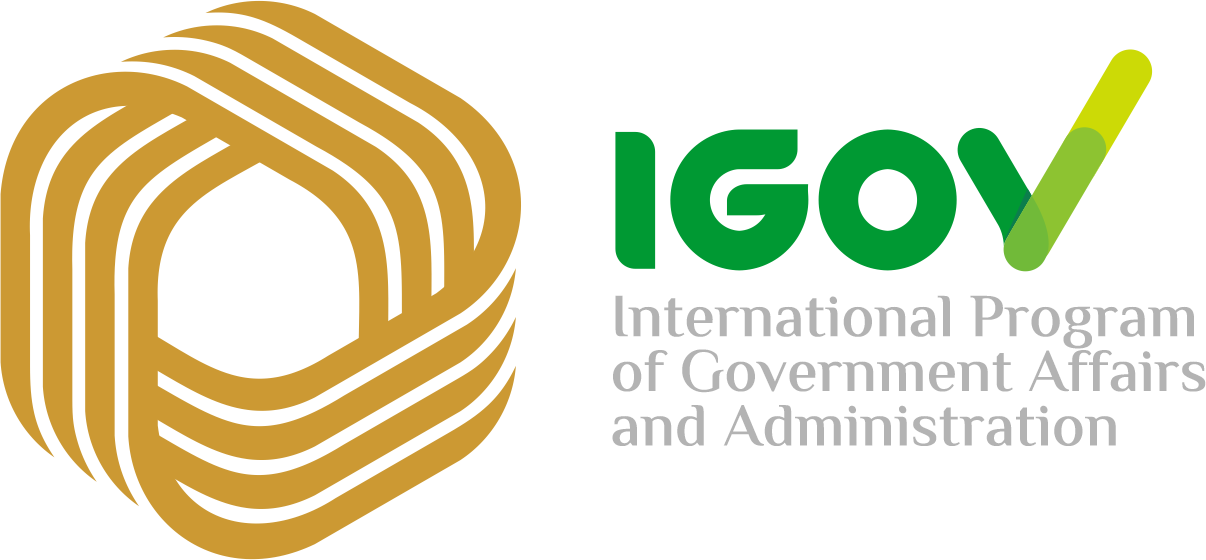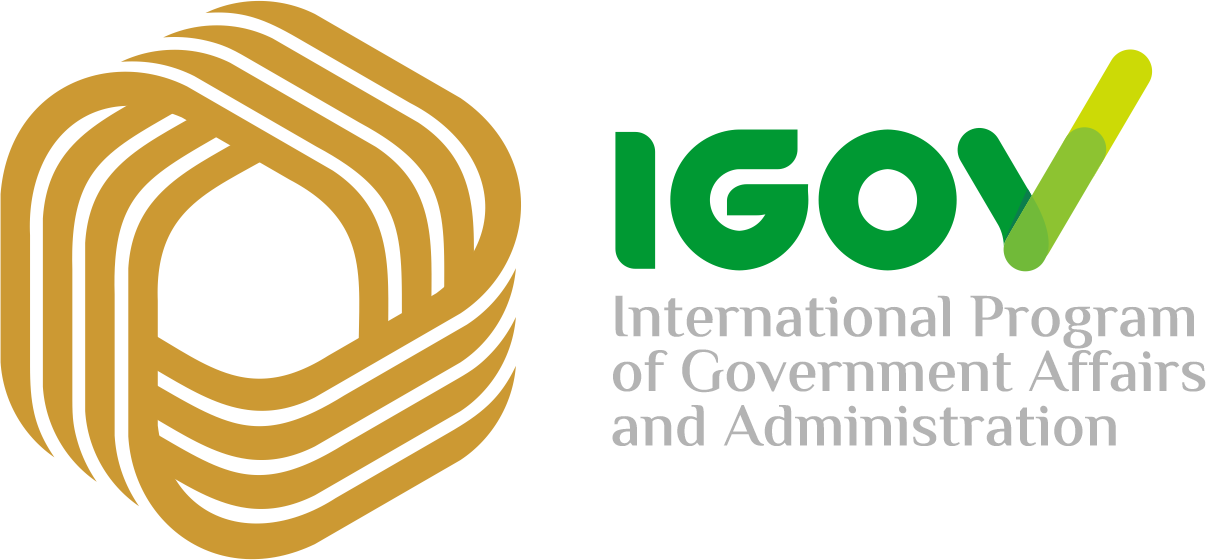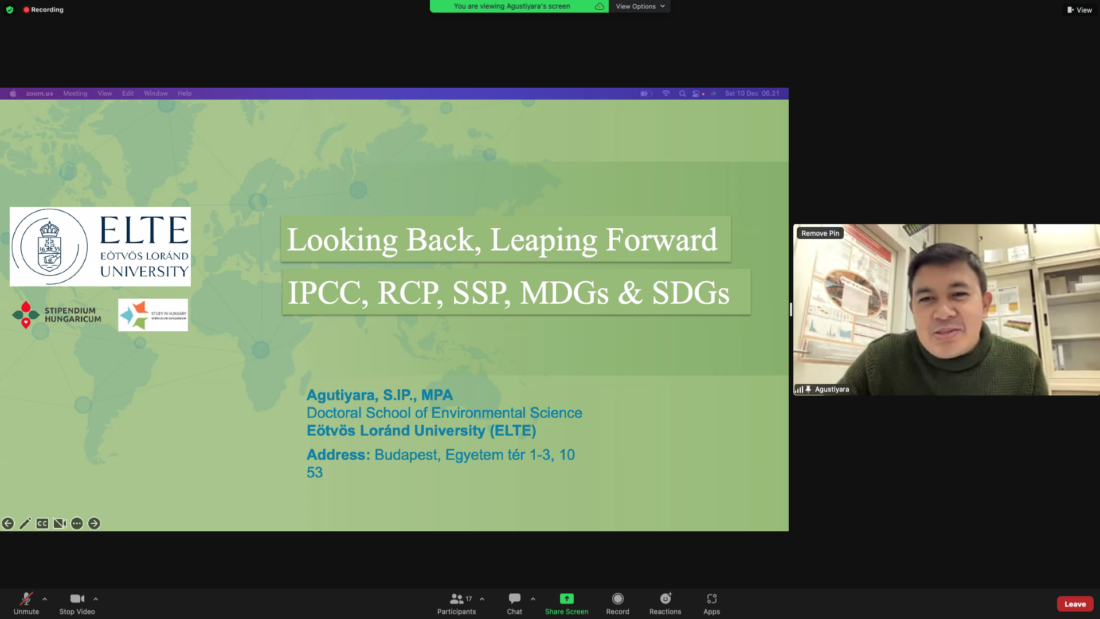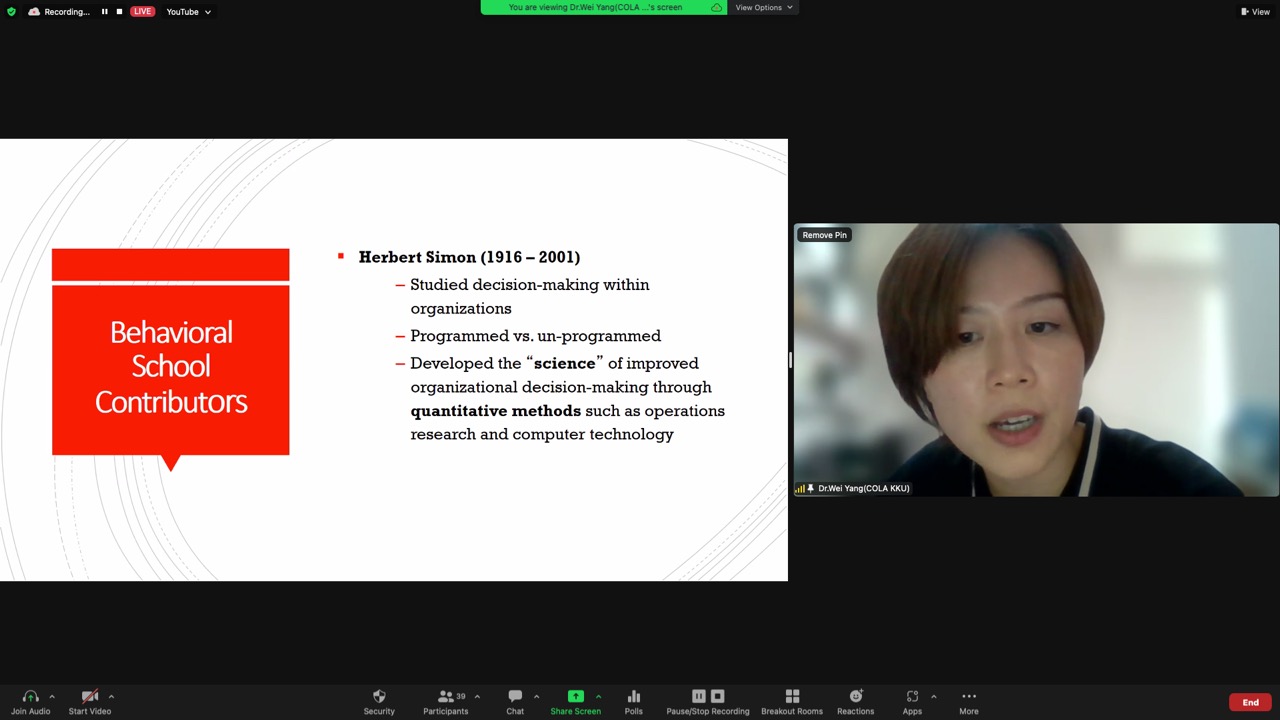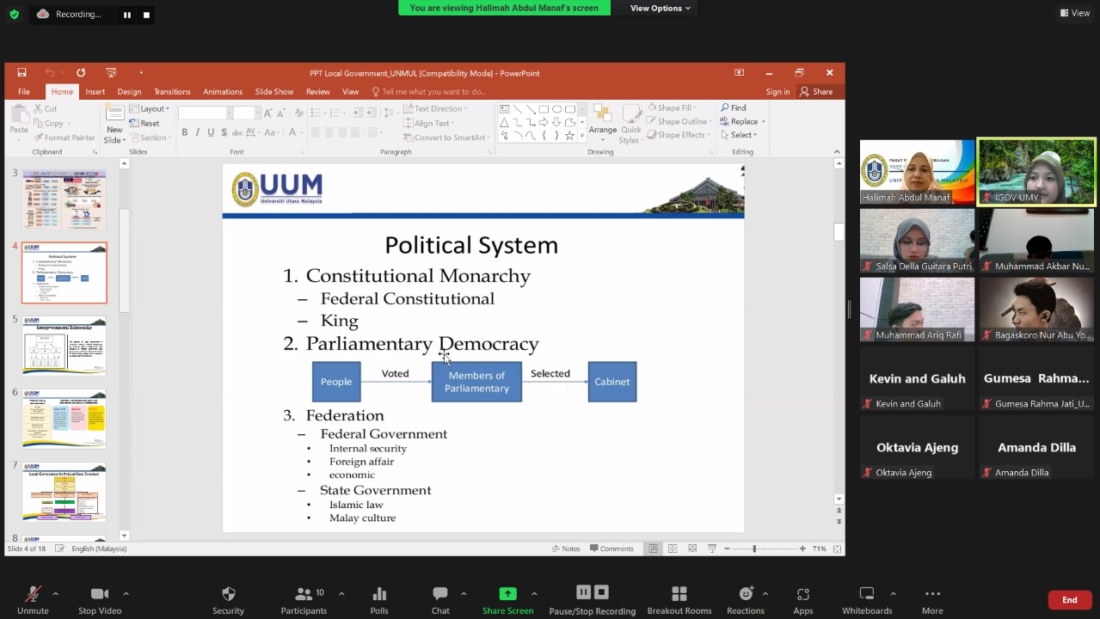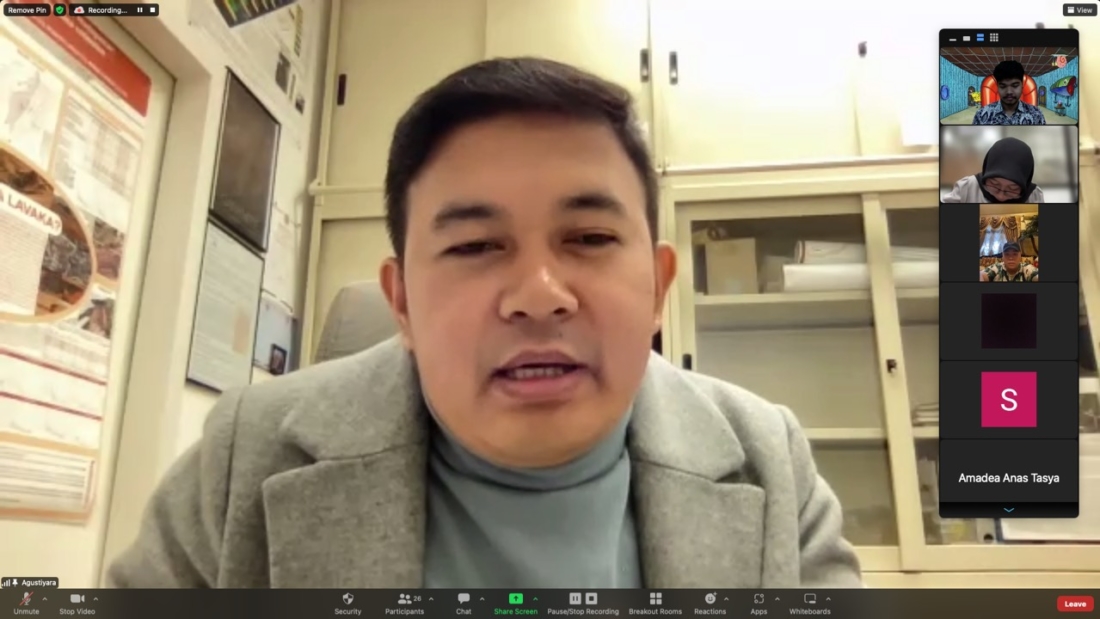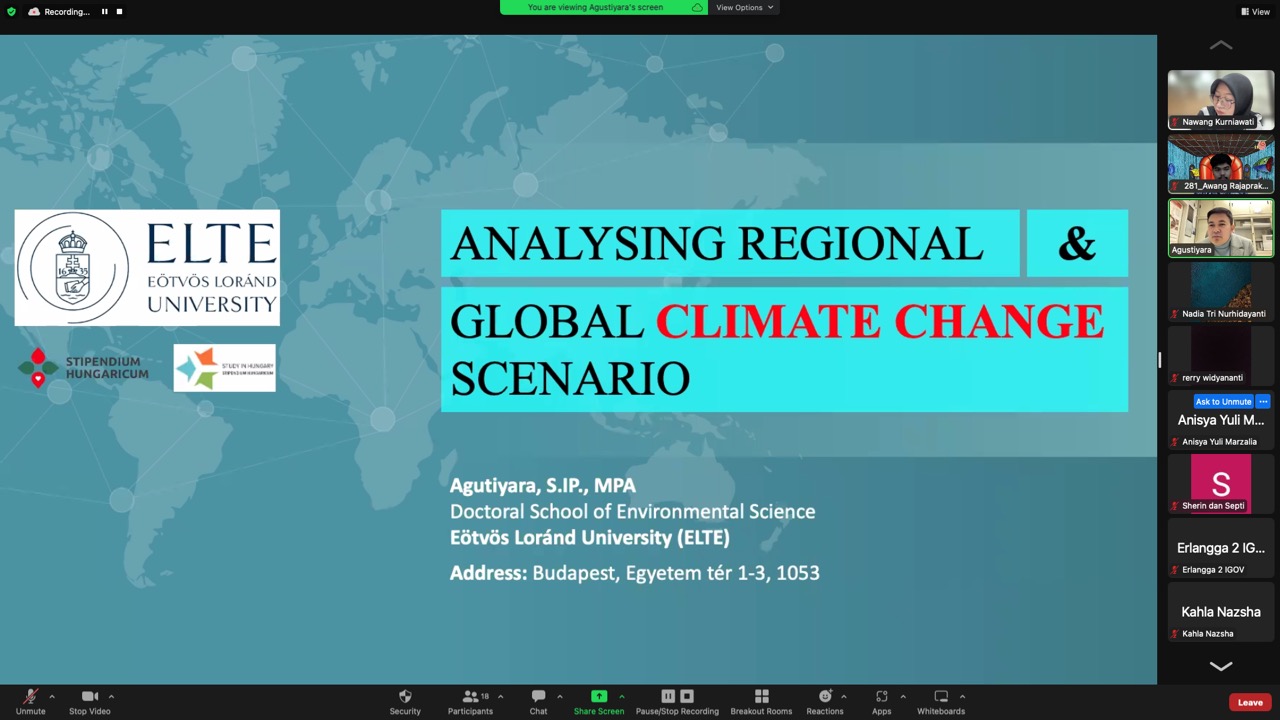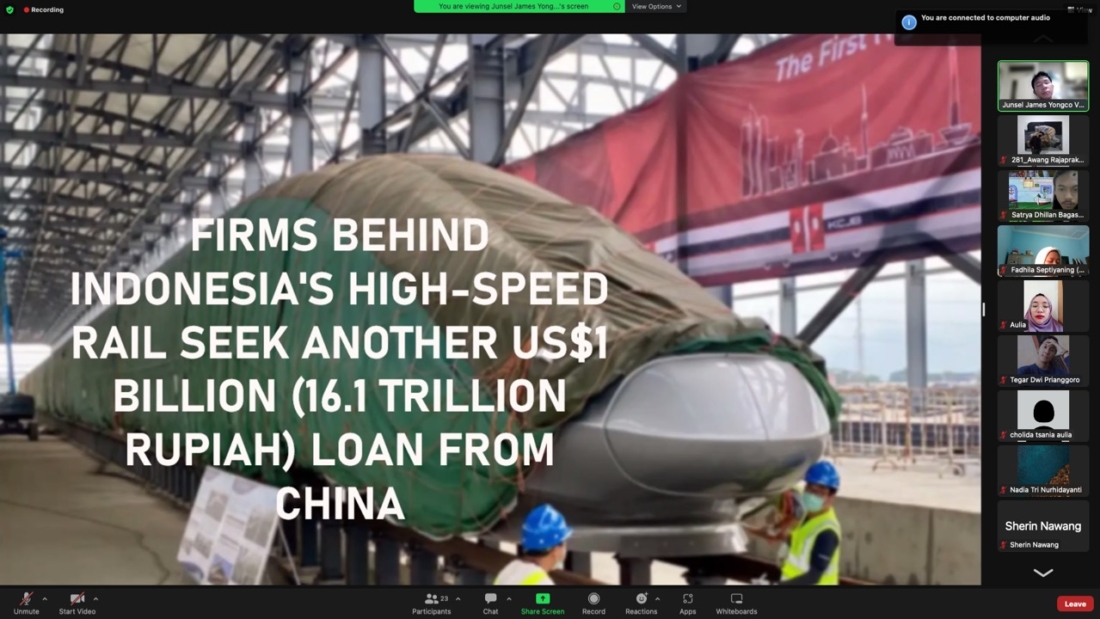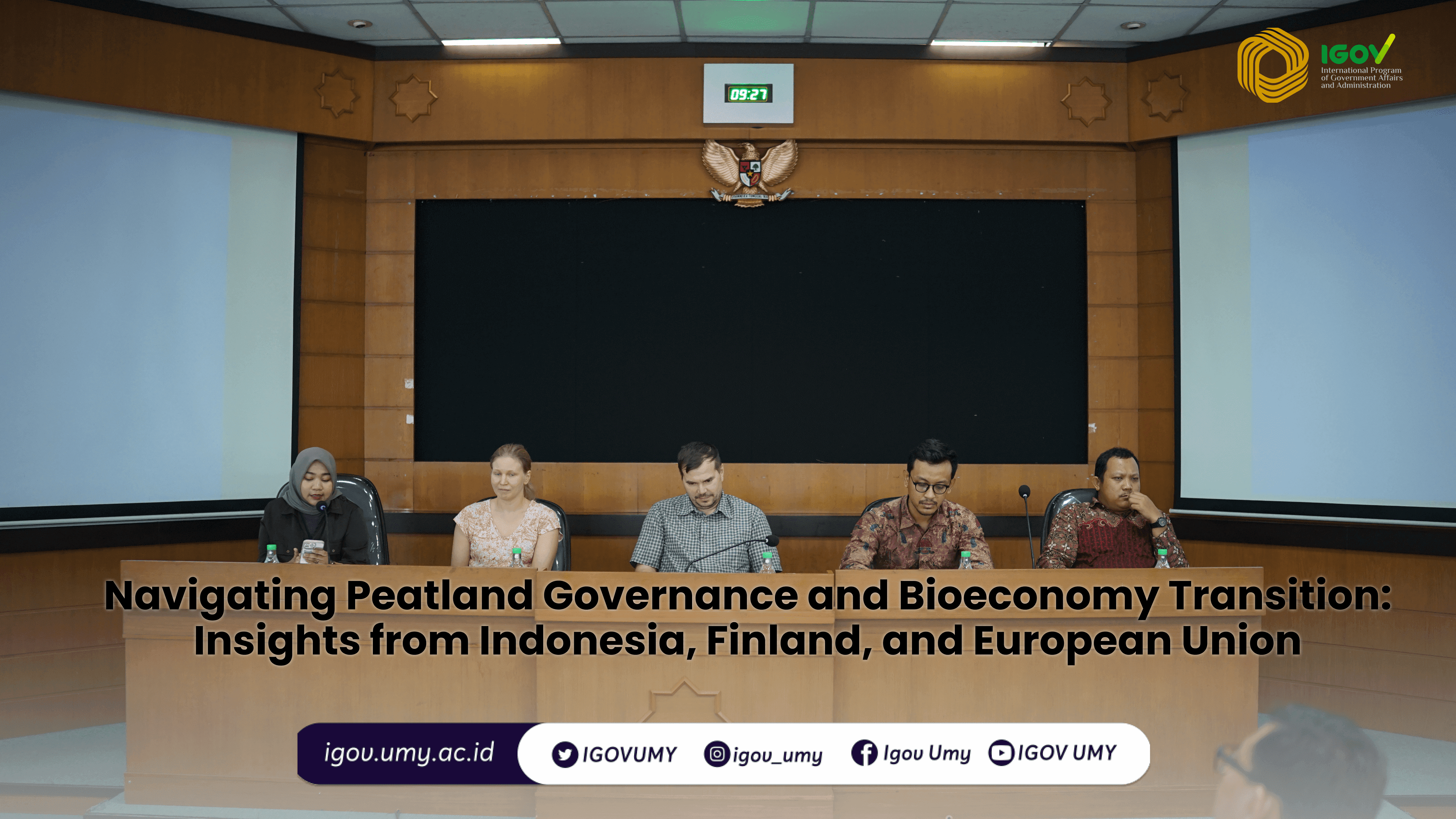
In a gathering of global minds, experts from Indonesia, Finland, and the European Union convened at the prestigious “Navigating Peatland Governance and Bioeconomy Transition” summit, offering profound insights and strategies to address environmental challenges on an international scale.
Unlocking Indonesia’s Peatland Governance: A Model for the World
The summit kicked off with a captivating exploration of Indonesia’s journey in peatland governance. Distinguished panelists shed light on the challenges faced by the nation and showcased successful strategies, emphasizing the pivotal role of public-private partnerships in sustainable peatland management. Attendees gained valuable lessons from Indonesia’s experiences, laying the groundwork for effective global strategies.
Finland’s Bioeconomy Triumphs: A Blueprint for Innovation
As the agenda progressed, Finnish experts presented a series of compelling case studies, unraveling the success story of Finland’s bioeconomy transition. Technological innovations, collaborative approaches, and sustainable practices took center stage, illustrating a path towards a bioeconomically resilient future. The global audience eagerly absorbed the lessons learned from Finland’s achievements, identifying actionable measures for replication in diverse settings.
European Union’s Stewardship: Shaping a Sustainable Future
The European Union, represented by influential leaders, spearheaded a robust roundtable discussion. Policies, initiatives, and collaborative efforts aimed at promoting sustainable bioeconomy practices were unveiled. The EU’s commitment to fostering a greener, more sustainable future resonated throughout the session, inspiring other nations to follow suit in their pursuit of environmental stewardship.
Interactive Workshop Spurs Global Collaboration
The summit reached its zenith with an interactive workshop, where participants actively engaged in discussions and collaborative activities. Together, they worked towards crafting a global framework for peatland conservation and bioeconomic growth, fostering a sense of shared responsibility for our planet’s well-being.Global Framework for a Greener Tomorrow: Summit’s Culmination
In closing, the summit’s organizers expressed gratitude to participants, speakers, and sponsors for contributing to this enriching dialogue. The insights gained and collaborative spirit fostered at the event are poised to shape a global framework for sustainable peatland governance and bioeconomic transition, forging a path towards a more environmentally conscious and resilient future.
This international summit stands as a testament to the power of collaboration and knowledge-sharing in addressing pressing environmental challenges. As nations unite in their commitment to sustainable practices, the path forward becomes clearer, offering hope for a greener, more harmonious planet.
